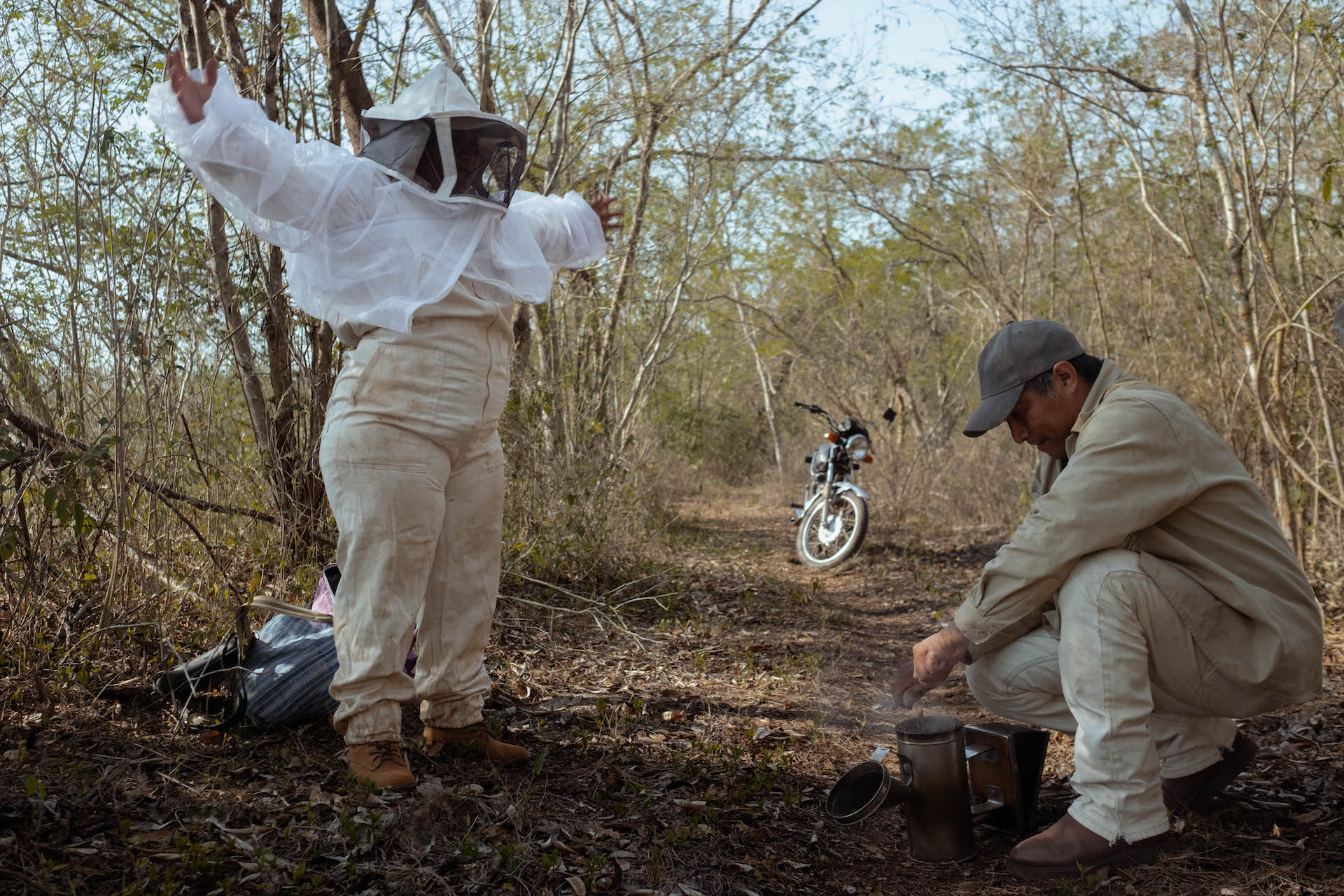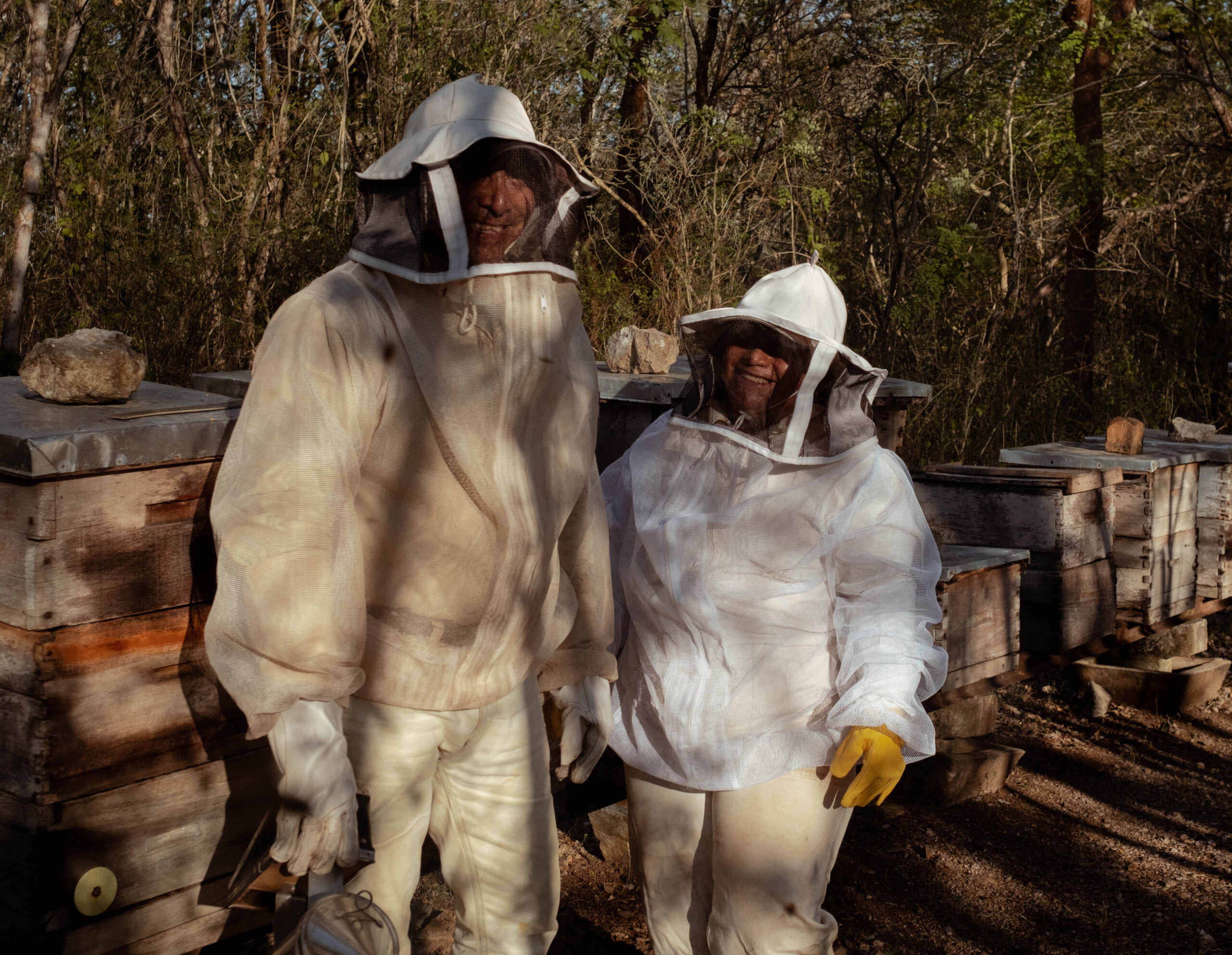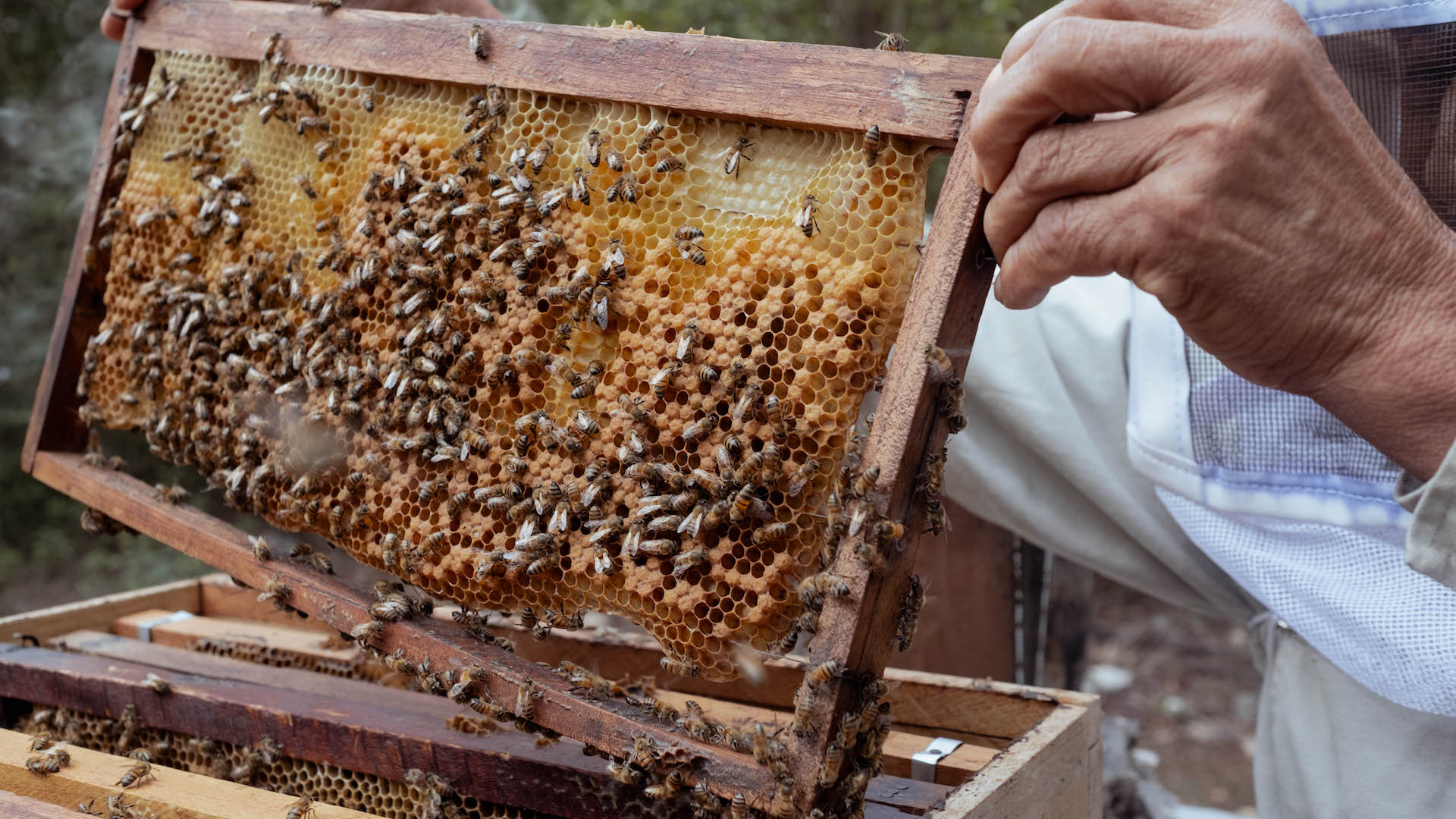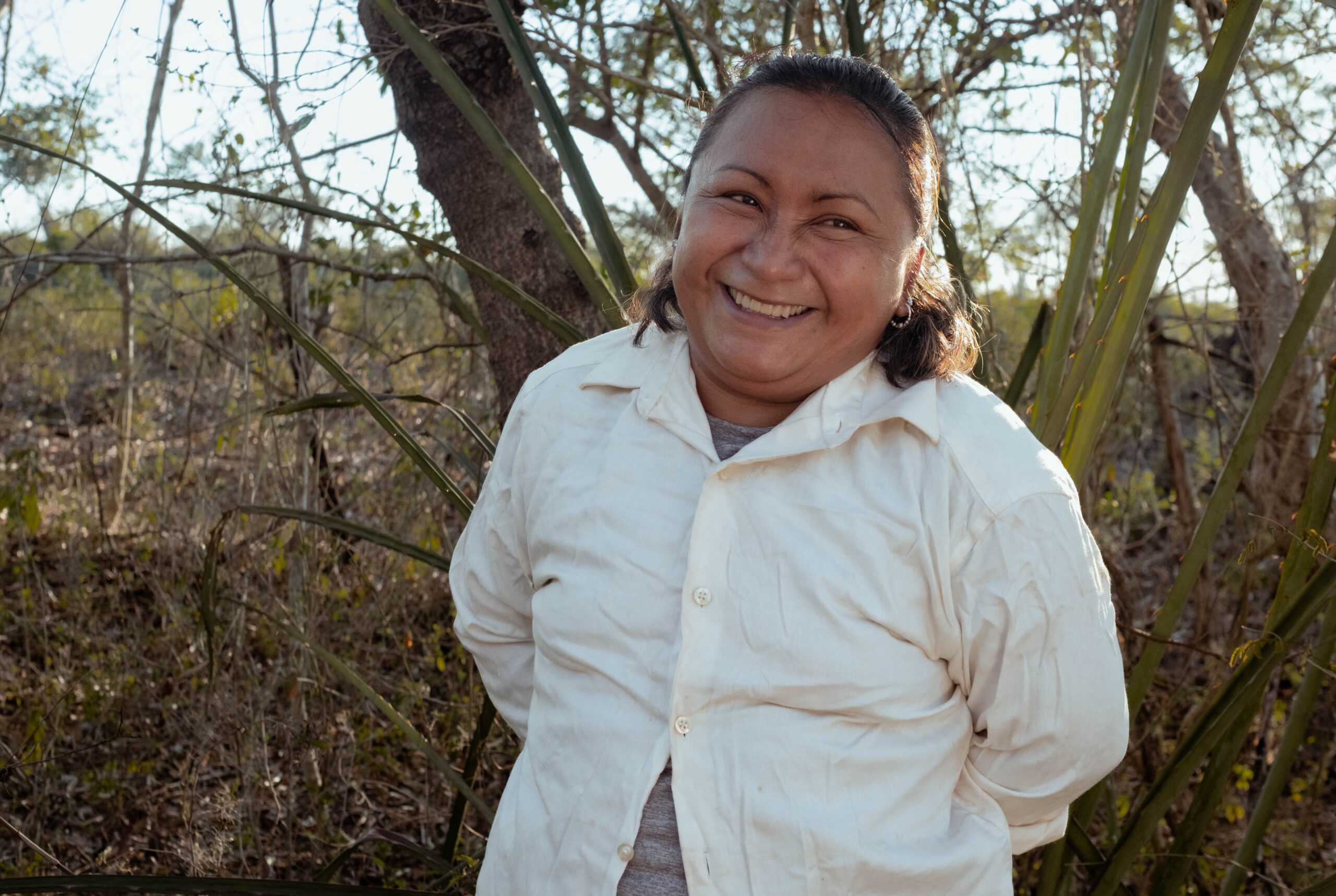For Mayan communities, bees and their honey have always been sacred. The Mayan word for ‘bee’ is ‘kaab’ and this can also be translated as ‘world’, ‘land’ or ‘force’. The bee itself is recognised as a symbol of fertility and abundance with many communities in the region holding ceremonies to ask bees for permission to harvest their honey. They then thank the bees for their generosity. But for the Mayan producer-members of the EDUCE co-operative, honey is both their cultural heritage and their livelihood.
Mexico is the world’s fifth-largest exporter of honey, and therefore the socioeconomic implications of beekeeping in the country are far-reaching, with roughly 43,000 beekeepers producing around 61,000 tons of honey annually, equating to a commercial value of $67.9 million. This is reinforced by the high demand for Mexican honey on the international market, with European countries such as Germany, Belgium and Switzerland unable to meet production demands for their population.

EDUCE are a honey co-operative, working with almost 1,000 beekeepers in the Yucatan Peninsula of Mexico. This area is known for its production of high-quality honey, particularly from the Melipona bee, which is native to the region. These bees are stingless and are known for their unique honey, which is prized for its medicinal properties and distinct flavour.
The honey produced in the region is harvested using traditional methods, which involve using small wooden boxes called “cajas” to house the bees and collect the honey. The cajas are placed in areas with abundant flowering plants, and the bees are left to forage and produce honey at their own pace.
Once the honey is ready it is extracted using simple tools and techniques with minimal disruption to the bees and their habitat. However, honey pricing is volatile and can fluctuate from season to season. Consumer demand can drive these changes, and ultimately it is the beekeepers who suffer when the price is low.

EDUCE’s honey is organic and Fairtrade certified, and the co-operative told us that certifications enable EDUCE to stay competitive in the honey market and achieve a higher price for their produce. EDUCE general manager Miguel states that for each kilo of honey marketed as Fairtrade, an additional 20 cents are paid to the farmer through the Fairtrade Premium.






